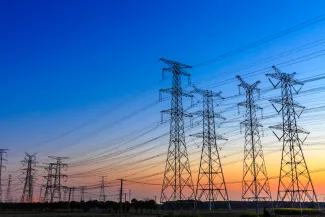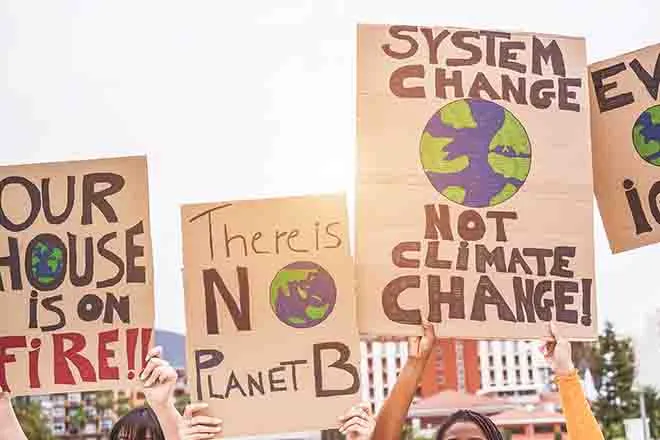
Colorado's first multifamily housing units upgraded to all-electric
© iStock
Click play to listen to this article.
(Colorado News Connection) A coalition effort led by Energy Outreach Colorado has completed a first-of-its-kind multi-family electrification project, replacing gas-powered furnaces and water heaters with new climate-friendly technologies.
Denver is experiencing its second hottest summer on record, and Luke Ilderton - executive director of Energy Outreach Colorado - said many income-qualified residents were living in their basements to escape the heat.

© zhaojiankang - iStock-802436842
"This housing community didn't have any central cooling," said Ilderton. "We were able to really solve that problem by bringing in this highly efficient all-electric heat pump that is now providing cooling to the residents."
Electrifying the 17 Denver Housing Authority units on the city's west side is expected to improve indoor air quality and lower the health risks associated with living in extreme cold or heat.
It can also reduce methane pollution associated with natural gas, which is at least 80 times more potent at trapping heat in the atmosphere than CO2.
Ilderton said the challenges and lessons learned during the project could help retrofit thousands of affordable housing buildings across Colorado with the latest technology, including some 350 buildings similar to the pilot site in Denver.
"Not all buildings that are 40-plus years old are designed properly," said Ilderton. "This building is really just designed well to retrofit existing gas systems with high efficiency electric systems."
The $660,000 project was mostly paid for by Xcel Energy ratepayers, and the City and County of Denver's Office of Climate Action, Sustainability, and Resiliency.
Ilderton said solar garden subscriptions may also be added to keep residents' energy bills reasonable.
"Even though there wasn't cooling before," said Ilderton, "we figured out a way to ensure that the resident's portion of the bill that they pay will not increase at all."















